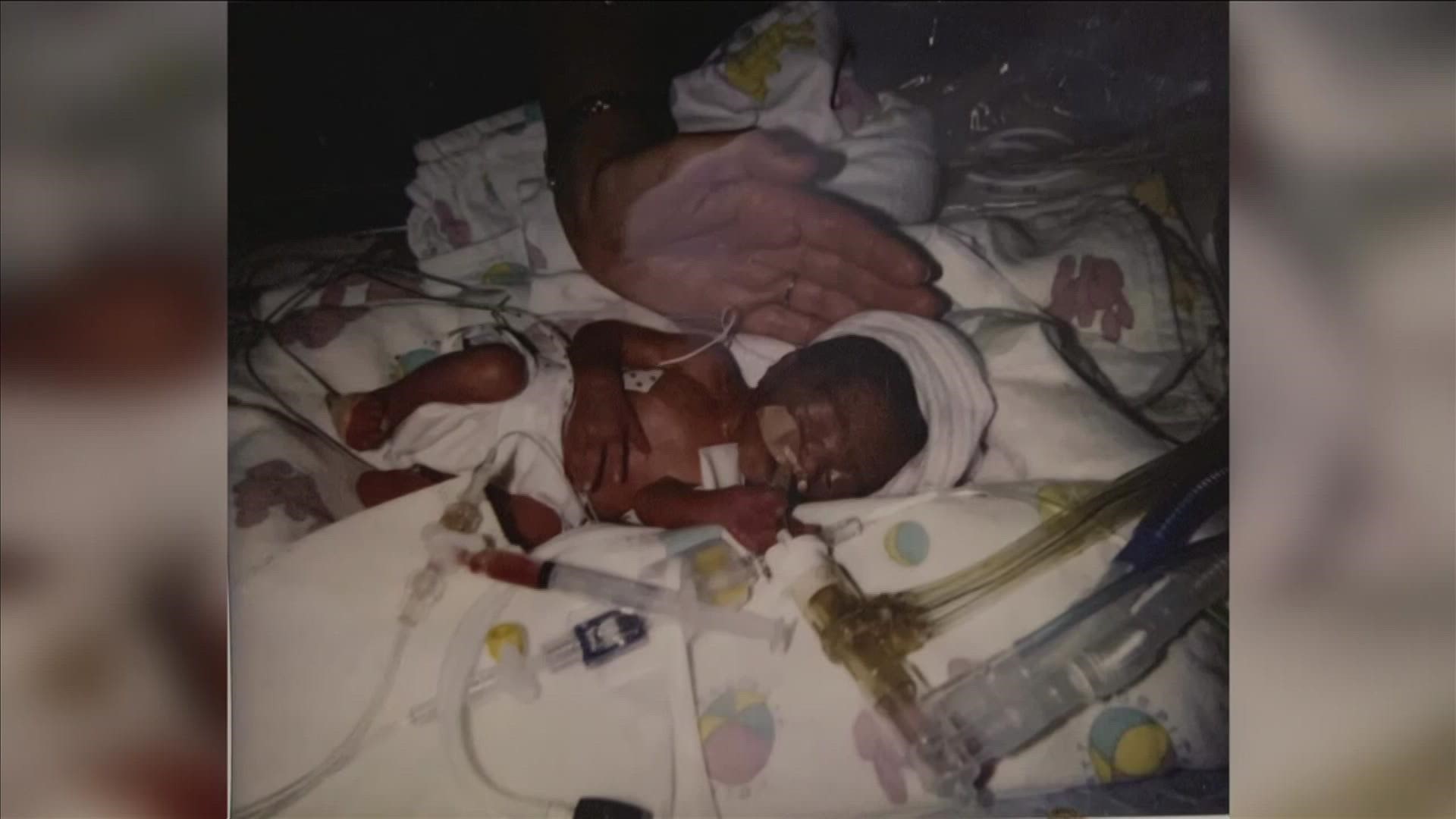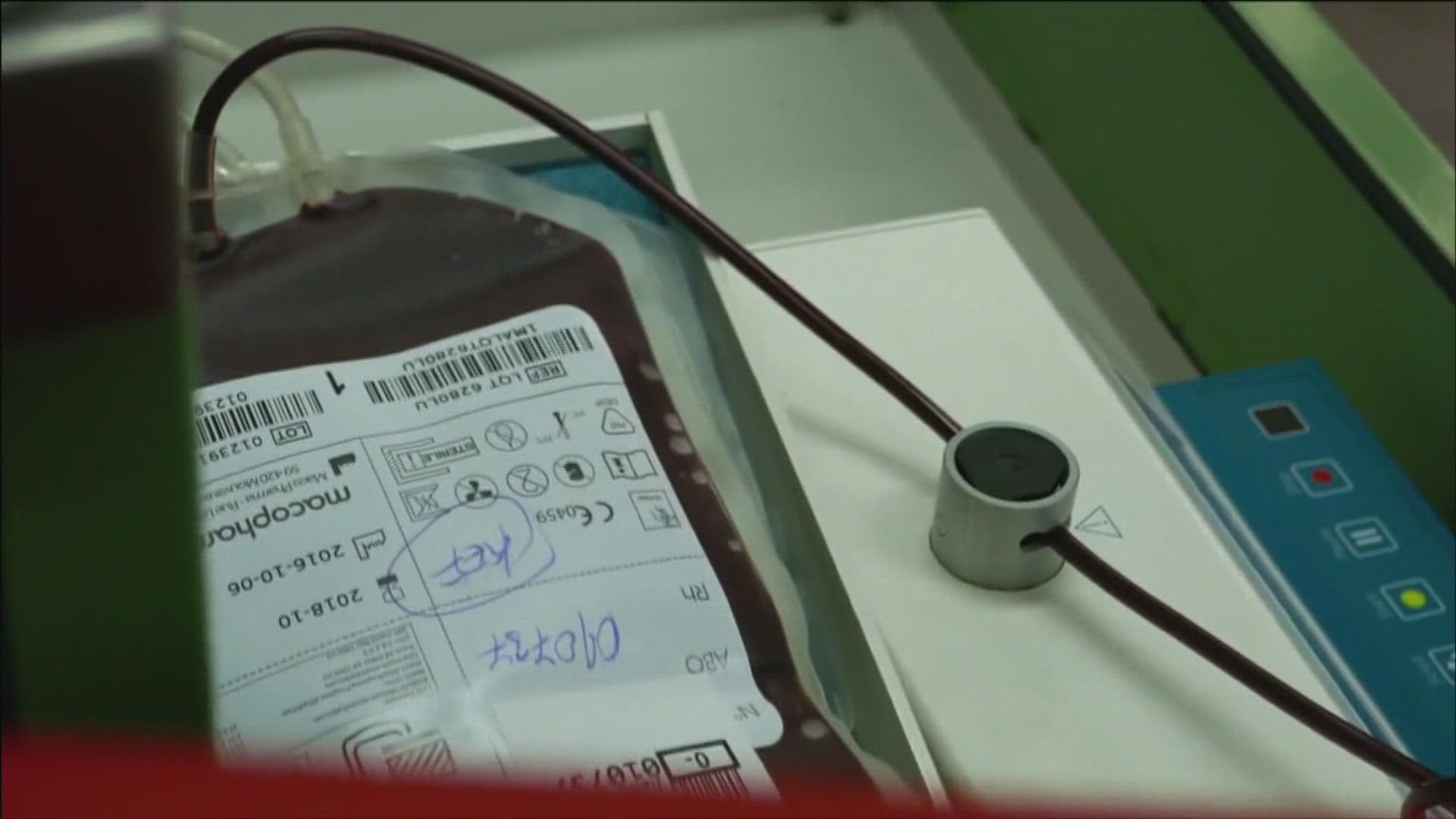MEMPHIS, Tenn. — Sickle Cell is a disease that plagues the Black community. Studies show that African-Americans are at a much higher risk of battling the disease, and right now there is a need for blood donations.
25-year-old Sickle Cell Survivor Alexis Tappan said she recalls having a sickle cell crisis that lead to a near-death experience.
"My organs started shutting down and they put me on an ICU and gave me like 16 hours to live or die," Tappan expressed.
Her sickle cell journey started shortly after she was born. Tappan said she has been a fighter since the beginning when she was born prematurely and had bronchial pulmonary dysplasia.
RELATED: Mississippi woman living with sickle cell disease optimistic about medical marijuana legislation
It is a chronic lung disease that required her to be on oxygen for more than a year.
Alexis also said sickle cell disease kept her in the hospital, which was the leading cause of her needing chronic blood transfusions. She found herself having to go to the hospital every single month for more blood, but Alexis expressed how she will never forget how a blood exchange saved her life just six years ago.
"A blood exchange is when they take out the bad blood and put in new blood. And you only do that when there's a life or death case and so back in 2016, I was in ICU and they had to do a blood exchange," Alexis said. "They just had to do everything they could to save my life. My doctor said I was close to dying."
Since then, it is her faith in God, family, and following the doctor's orders that have helped her.
Alexis also gives credit to hydroxyurea treatments and said once she went to St. Jude, she was able to get more help with her condition, which has drastically changed her entire life around.
"It increases the hemoglobin and lowers the pain crisis that a sickle cell patient will have," Alexis said.
Vitalant Representative Stephanie Kizziar stated that there is a need for younger people and African-Americans to donate blood if they can.
She said with the population in Memphis consisting mostly of African-Americans, it would be nice to see the percentage of donors increase.
"It's the blood on the shelves that is saving lives, and especially these patients who need blood to have a good quality of life. That's huge! You are contributing to someone having a better life," Kizziar expressed. "That's something that you really can't do in any other way. You can donate money, you can donate your time volunteering, but with blood, there is no substitute for it."
Alexis stated how donations would lessen the pain and will allow her to continue to maximize her passions and thrive as a business owner.
"I got my associate's degree in business administration from Southwest and I also got my bachelor's degree in fashion merchandising and I graduated magna cum laude from the U of Mem."


